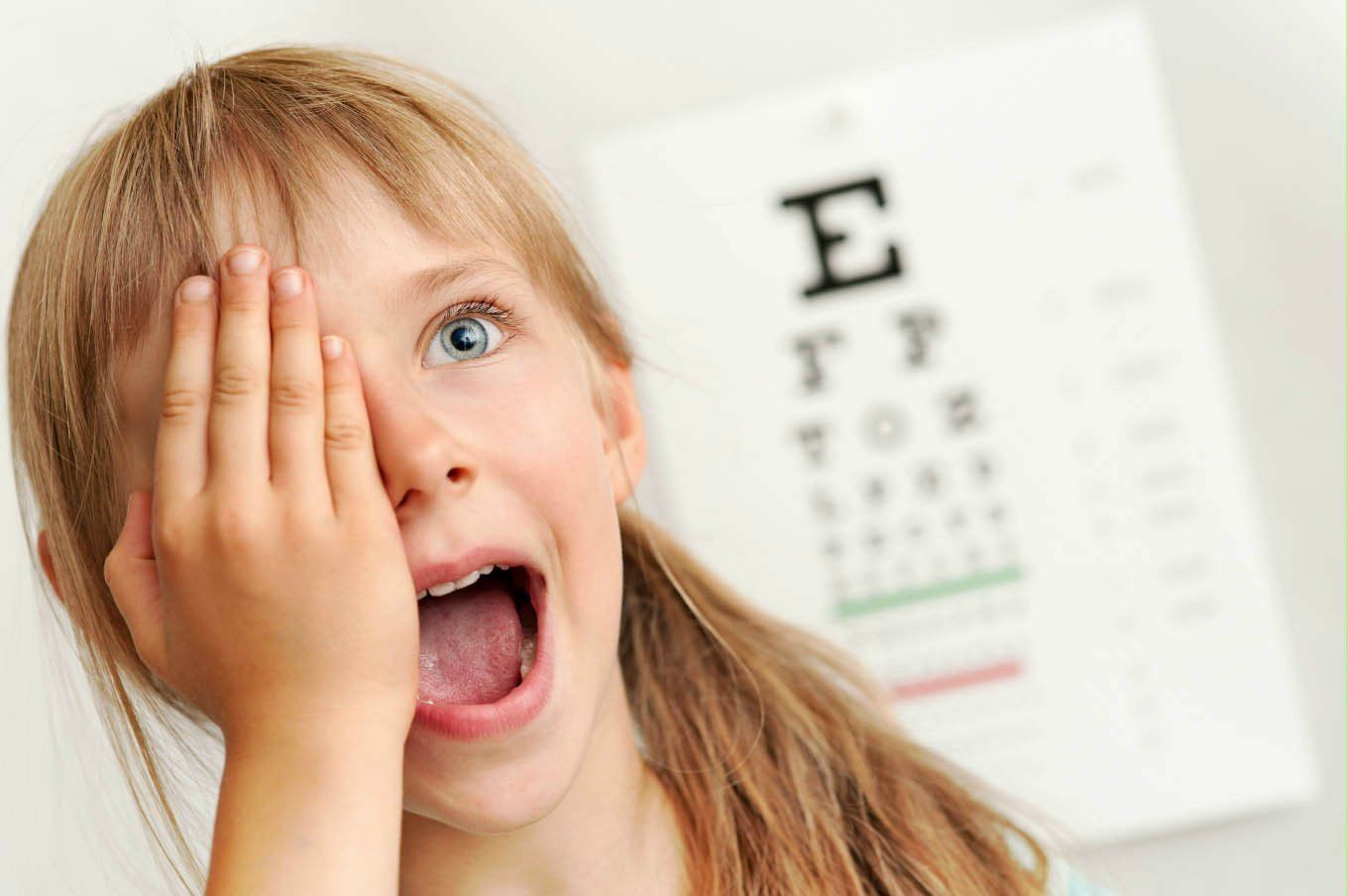Struggling with allergies for most of my life, air quality has become a top priority. Simple activities such as a walk in the park would leave me wheezing and sneezing for hours. This personal struggle led me to delve deeply into the world of air filters and their impact on indoor air quality. Access this external content to delve deeper into the subject. 14x25x1 air filter merv 13, broaden your understanding of the covered topic.
Understanding MERV Ratings
When it comes to air filters, you may have come across the term “MERV rating” before. MERV stands for Minimum Efficiency Reporting Value and it measures the effectiveness of an air filter. The rating system runs from 1 to 16, with 1 being the lowest and 16 being the highest. The higher the MERV rating, the Find more information in this valuable source particles the filter can capture, ultimately leading to cleaner indoor air.

Impact of MERV Ratings on Air Quality
The impact of MERV ratings on air quality is crucial for anyone looking to improve the air they breathe. I vividly remember the difference I felt after upgrading to a higher MERV rated filter in my home. The reduction in dust particles and allergens was immediately noticeable, and I no longer woke up congested or with itchy eyes. It truly made a world of difference in my daily life.
Choosing the Right MERV Rating for Your Needs
When it comes to selecting an air filter with the right MERV rating, …

































































